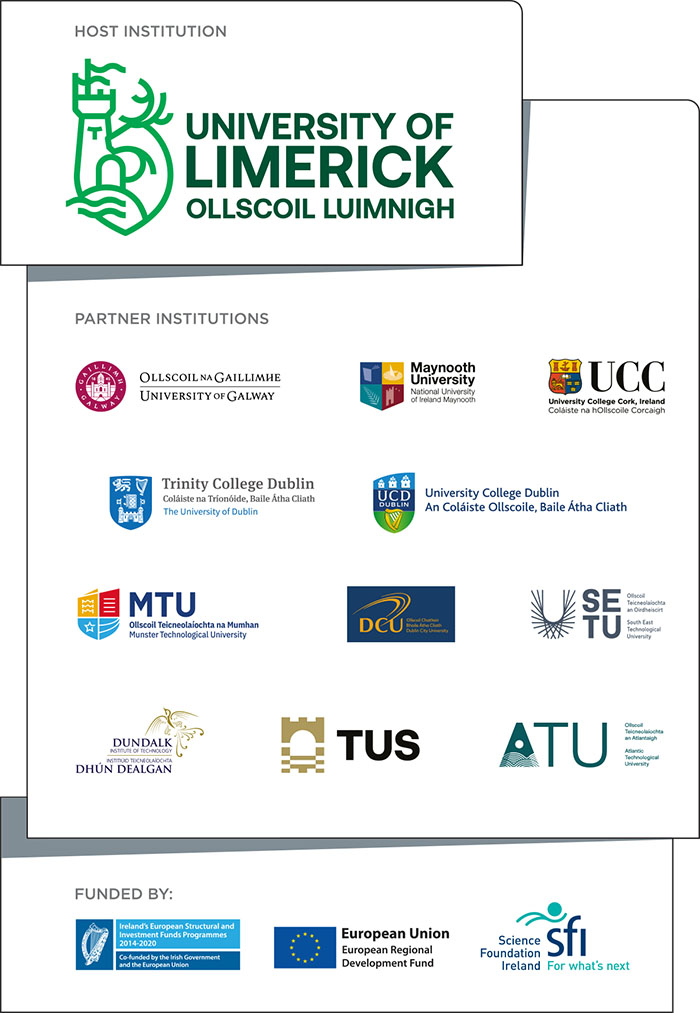Lero wins industry commitments of over €400,000 for software modernisation programmes
You are here

Lero, the Irish Software Engineering Research Centre, which is supported by Science Foundation Ireland, has won industry commitments worth in excess of €400,000 for software modernisation programmes.
“The reality is that there is a lot of old software out there which is still at the heart of many critical applications, particularly in the area of financial transactions. For example, more than 50 years after the COBOL language was invented, the stark fact is that there are 200 times more COBOL transactions daily than Google searches,” commented Professor Brian Fitzgerald, Chief Scientist, Lero.
Lero researcher Dr. Jim Buckley of the Computer Science & Information Systems Department at the University of Limerick, added that these systems grow into old age because “they are so crucial they are often the company’s flagship products”.
He said that elongated maintenance has meant that legacy software can become resistant to further change at a time when business innovation demands faster, not slower, evolution of these systems. “The failure of RBS and Ulster Bank ATMs in the summer of 2012 are examples of what can happen when you try to maintain such ageing software,” commented Dr Buckley.
The crisis is being exacerbated by an aging COBOL staff worldwide. A Computerworld survey* of 357 IT professionals in 2012 found almost half (46%) of the respondents said they are already noticing a COBOL programmer shortage. 50% said the average age of their COBOL staff is 45 or older and 22% said the age is 55 or older.
Dr. Goetz Botterweck, Lero’s expert for Model-driven Software Engineering, added: “On the one hand, you want to preserve the essential functionality and value of the product despite fast-paced modernisation. On the other hand, there is a lot of technical detail which programmers are unsure of – so you are looking for a means to separate ‘the chaff from the wheat’, getting rid of the outdated parts. However, due to the complexity of the system and hidden dependencies it is difficult to foresee the impact of a change. And the fact that often, the only up-to-date ‘documentation’ is the system itself does not help.”
“Lero research provides a way to deal with these increasingly difficult challenges for many companies,” commented Dr Buckley. “We can make changes less risky and can plot a roadmap to modernise the system rather than exacerbate the problem.”
Lero’s software modernisation activities are largely focussed around two scenarios:
- Re-positioning software into Service Oriented Architectures by identifying self-contained units of functionality in existing systems for separation into services.
- Offering companies facilities to ensure that the software they create adheres to their original design, this latter approach being successfully trialled on the software systems of several leading financial services companies resident in Ireland.




